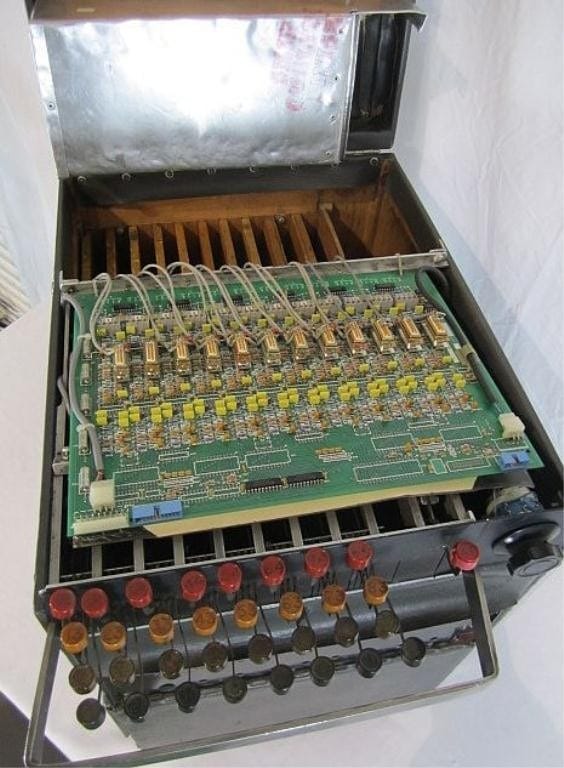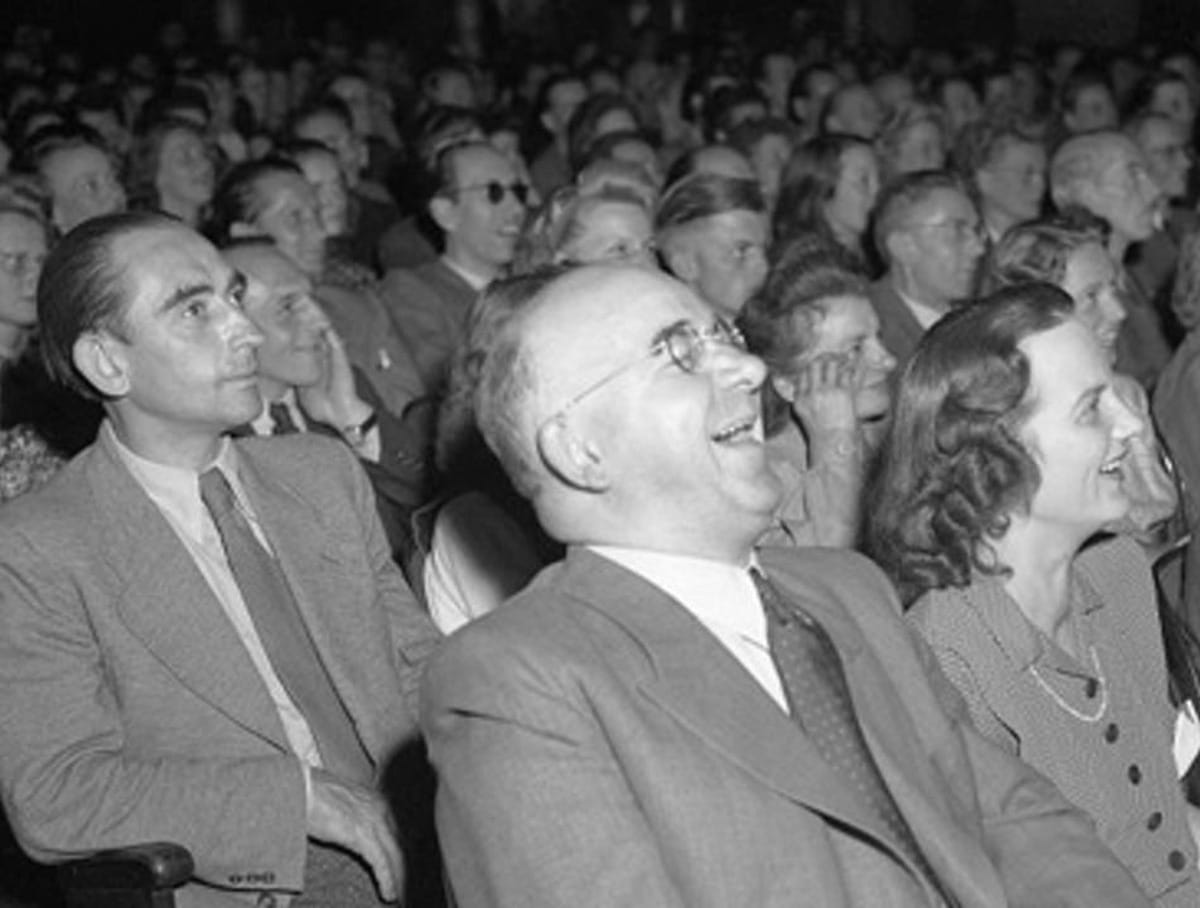You can often come across the statement that in many comedies, including modern ones, we hear the laughter of long-dead people, since it was recorded back in the 1950s. We decided to check if this is true.
Most often, the statement that the off-screen laughter that we hear in sitcoms belongs to deceased people can be found in collections of entertaining facts on social networks and on entertainment sites. For example, in one of the entries on Pikabu it is said that this fact applies, for example, to the series “Friends”. In another entry on Pikabu it is argued that there is no clear refutation of the fact that sitcoms have abandoned the “canned laughter” recorded in the 1950s. This statement also appears in “VKontakte» and on popular demotivators.

It is believed that the idea to use recorded laughter in comedies belongs to CBS sound engineer Charlie Douglas, who began doing this in 1953. But recorded laughter has been used as an artistic method since 1950, when the television series "The Hank McCune Show" Douglas, however, improved this method. First he tried it recorded laughter as a "sweetener" for shows that were recorded in front of a live audience.
Douglas noticed that many spectators laugh either not loudly enough or, conversely, too loudly, while others do it out of place or cannot calm down after a particularly successful joke. Therefore, he played the recording directly for the studio audience, and the audience unwittingly adjusted to the recorded laughter. Douglas designed a special “laughing machine” - a device on which it was necessary to press keys that triggered one or another type of laughter: restrained, general, with a predominant male or female laughter.

By the second half of the 1950s, most sitcoms and comedy shows used recorded audience laughter.
Douglas created an extensive database of sounds, mainly taking fragments from "The Red Skelton Show", which was recorded with the participation of a live audience.
Indeed, up until the 1980s, audiences heard laughter from the same people who once watched classic comedy shows live. This is what gave birth to the aphorism about the laughter of long-dead people. Often it lead as a standard joke from American television workers: “It’s mostly the dead who laugh at modern sitcoms.” But the most famous formulation comes from Chuck Palahniuk's novelLullaby"(2002): "The muffled hum of dialogue passes even through the walls, then - an explosion of laughter. Then - again dialogue. Most of the laugh tracks on television were recorded in the early fifties. That is, almost all the people whose laughter you hear are now dead.”
But this statement does not apply to modern TV series. For them, new laughs are most often recorded or series are filmed directly in front of a live audience. In the film dedicated to the filming of the TV series “Friends”, details is toldhow it's done. The scenery is mounted right in front of the auditorium, a special person leads the audience, and then the audience laughs at what is happening on stage. In turn, this helps writers understand which jokes are particularly successful. However, in some cases, laughter even interferes - for example, in this scene it sometimes drowns out the characters’ remarks:
Among recent television works, it is worth highlighting “Wanda/Vision", a series part of the Marvel Expanded Universe. Its first episodes, stylized as classic sitcoms with laughter behind the scenes, were filmed in front of a live audience.
Thus, the statement that long-dead people laugh behind the scenes in sitcoms is only true for old series. Nowadays, laughter is often recorded anew, and the people laughing are our contemporaries.
Cover photo: Wikimedia Commons
Half-truth
If you find a spelling or grammatical error, please let us know by highlighting the error text and clicking Ctrl+Enter.






